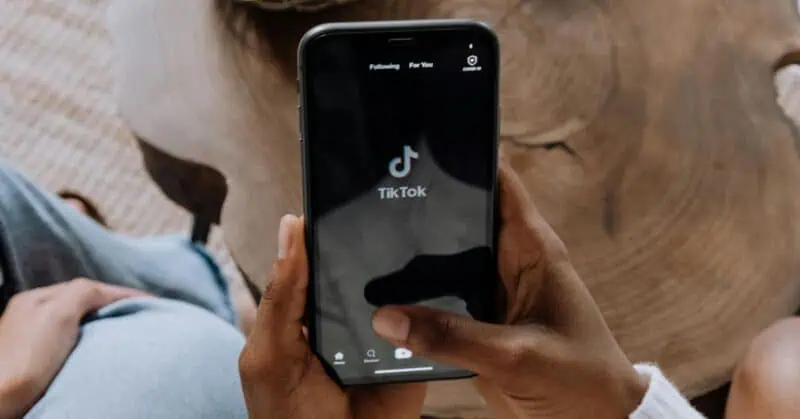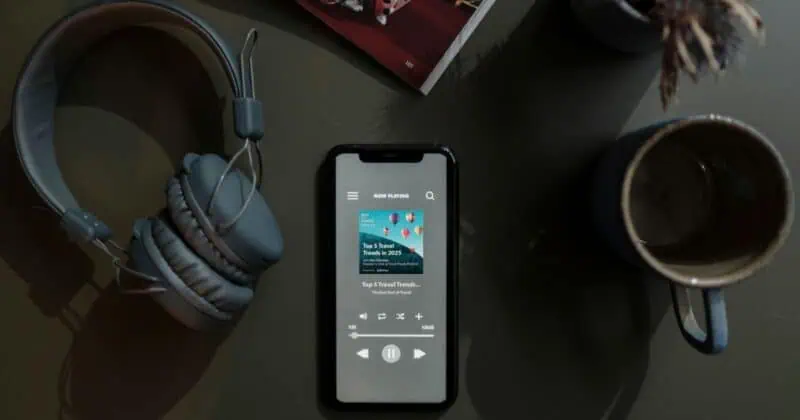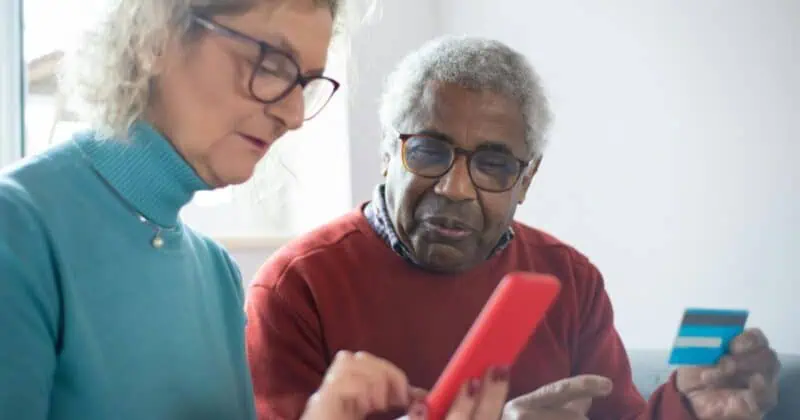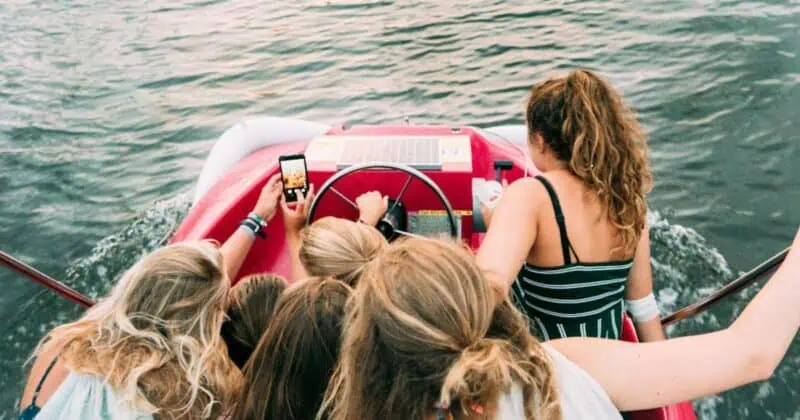Stop for one moment and think about the first words that come to mind when reading the following brand names:
Apple.
Coca Cola.
Airbnb.
Perhaps ‘Apple’ conjured up words like ‘premium,’ ‘expensive,’ ‘design,’ and ‘high quality.’ Coca-Cola might have made you think ‘sweet,’ ‘refreshing,’ or ‘iconic.’ Airbnb could trigger words like ‘sharing,’ ‘home,’ or ‘pioneer.’
This is brand marketing in action.
Your brand is of the utmost importance and goes well beyond just a logo or color palette.
Why should you care about your brand as a modern-day tour or activity operator? More on that below.
But quickly, let me share a quick personal story.
My wife once asked me to run to the drugstore to buy cotton swabs (yes, quite exciting!) As a generally frugal guy, I opted for the store brand type, because after all, they’re just little sticks with a bit of cotton on the end. When I got home, I got an earful (pun intended) from my wife! How dare I buy cheap cotton swabs when what she really wanted were Q-tips.
Why was she so peeved?
Because over the years, the good folks at Unilever have positioned the Q-tips brand as ‘the gentler way to clean all of those sensitive areas.’
That’s just one of many examples of strong brand marketing at work.
Why is Coca-Cola the most consumed non-alcoholic beverage around the world, after tea and coffee? Certainly not because of its health benefits.
Those dancing polar bears and campaigns like ‘Open Happiness’ have done their job, convincing consumers everywhere that to drink a Coke is to be a part of something bigger.
Why brand matters.
As a tour operator, a strong brand can be a growth hack and act as a differentiator between you and the competition down the street.
Tours and activities are one of the only verticals in travel not to have become a commodity, although some OTAs have certainly tried to commoditize them.
Of the entire vacation experience, tours and activities should be the most memorable.
Creating this memory for your clients begins with forging an emotional connection during the research and booking process. This is where having well-defined, well-communicated brand messaging really makes an impact.
Good branding sets a foundation for all other marketing channels and tactics to follow. SEO, social media, PR, email – all of these channels rely on branding.
Sure, you can create content for your blog or launch a Facebook campaign without investing first in brand strategy. But, it’s a bit like going for a hike in the woods without a map or GPS. You might reach your destination but it will take longer to get there.
If that doesn’t convince you, consider this: a strong brand can mean relying less on pricing as a lever to generate bookings and revenue. Sure, you can still offer discounts. But a solid brand platform means you can use them more strategically, to optimize profitability for a certain date or departure, for example.

Changing consumer sentiments.
Now, more than ever, consumers are looking to purchase products that have meaning; that stands for something, and that reflect back the values they see in themselves.
According to a recent Ernst & Young study, 25% of consumers will pay more for trusted brands and 23% will pay more for ethical brands.
The world’s biggest travel companies caught onto this trend pre-pandemic. In 2019, Booking Holdings announced a 41% quarterly increase in brand marketing vs. the same period, prior year. This was a part of a bigger shift away from performance marketing channels.
Of course, creating this brand positioning to the point where it influences bookings takes some effort and time. But these consumer trends look to be the new normal, so some investment now could pay dividends in the future when demand returns in full.
Practical tips to build your brand.
Let’s put some of this theory into action, with these five practical tips towards building your brand:
- Develop your brand personality. Just like each of us, your brand is a living, constantly evolving entity with personality traits. Ask yourself: ‘if I met my company in a bar, how would I describe it?’ List four to five adjectives. It’s just as important to define what you ‘aren’t’ as it is what you ‘are.’
- Create a meaningful value proposition. This should be one to two sentences that describes how your product solves your customers’ needs or improves their situation. Position it front and center on your homepage.
- Write a mission statement. Some organizations write mission statements independent of their brand strategy. However, taking a holistic approach and drafting this as part of a larger branding exercise is recommended.
- Consider a style guide. If you run a larger company or one where multiple internal or external stakeholders create marketing content, a style guide can help to ensure consistency.
- Live your brand! Encourage your team in all departments to live your brand. Let it shine through in all channels and at every stage of the customer journey – from research through to post travel.
Wrapping it up.
Brand is often overlooked at tour and activity companies. It’s understandable – there’s always an operational or customer issue to deal with and it can be challenging to quantify the impact of investing in this area.
However, you don’t need to spend millions or billions of dollars on massive brand marketing campaigns, like the other companies mentioned above, to see the benefits. Spending just a little bit of time and money on a brand strategy will provide your company and its employees with a ‘north star’ when it comes to future marketing and customer communication efforts.
Contact us to learn more about Wildebeest and the brand strategy work we provide for tour and activity companies. Or, read more about our full range of organic marketing services.

















